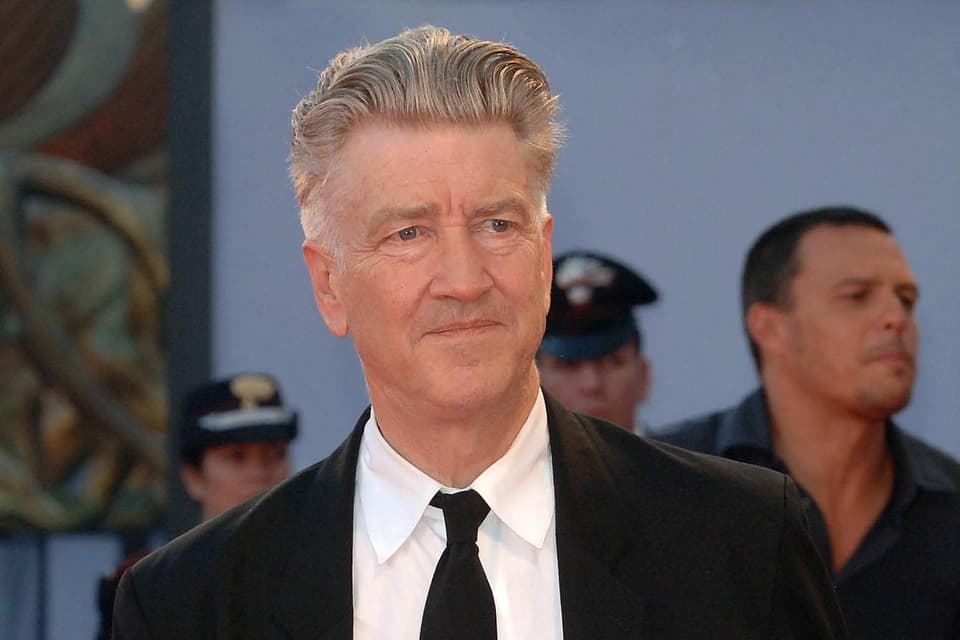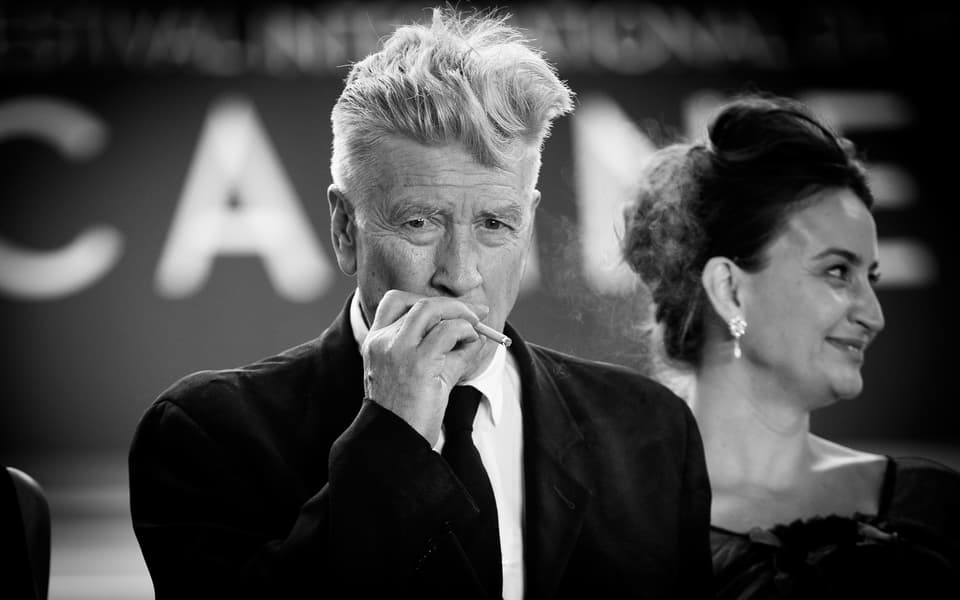David Lynch dies aged 78: Tributes pour in for legendary Twin Peaks and Mulholland Drive director


Tributes have flooded in for celebrated filmmaker David Lynch after his death at the age of 76.
The passing of the American filmmaker, writer and artist who scored best director Oscar nominations for Blue Velvet, The Elephant Man and Mulholland Drive and co-created the groundbreaking TV series Twin Peaks, was announced by his family on Thursday.
"It is with deep regret that we, his family, announce the passing of the man and the artist, David Lynch," a statement on his Facebook page said.
"There’s a big hole in the world now that he’s no longer with us. But, as he would say, 'Keep your eye on the donut and not on the hole.' It's a beautiful day with golden sunshine and blue skies all the way."
Steven Spielberg remembered the director as one of his heroes.In a statement to Variety, Spielberg said: “I loved David’s films. Blue Velvet, Mulholland Drive and Elephant Man defined him as a singular, visionary dreamer who directed films that felt handmade.
“I got to know David when he played John Ford in The Fabelmans. Here was one of my heroes—David Lynch playing one of my heroes. It was surreal and seemed like a scene out of one of David’s own movies. The world is going to miss such an original and unique voice. His films have already stood the test of time and they always will.”
Happy Days icon and director Ron Howard wrote: “#RIPDavidLynch, a gracious man and fearless artist who followed his heart & soul and proved that radical experimentation could yield unforgettable cinema.”
DC Studios boss James Gunn said “RIP David Lynch. You inspired so many of us.”

Born in Missoula, Montana, Lynch first began a career in painting before switching to making short films during the 1960s.
The director's films were known for their dreamlike, surrealist quality.
His breakthrough in the 1970s with the surreal Eraserhead and he rarely failed to startle and inspire audiences and peers in the following decades.
His notable releases ranged from the neo-noir Mulholland Drive - a non-linear tale showing the dark side of Hollywood which earned him the best director award at the 2001 Cannes Film Festival- to the skewed Gothic of Blue Velvet to the eclectic and eccentric Twin Peaks.
His other credits included the crime story Wild at Heart, winner of the Palme d'Or at Cannes and the biographical drama The Elephant Man.
His other directing credits included him becoming the first director to adapt Frank Herbert novel Dune in 1984, 1997's Lost Highway, 1999's The Straight Story and 2006's Inland Empire.

Last summer, Lynch had revealed to Sight and Sound that he was diagnosed with emphysema and would not be leaving his home because of fears of contracting the coronavirus or "even a cold."
"I've gotten emphysema from smoking for so long and so I'm homebound whether I like it or not," Lynch said, adding he didn't expect to make another film.
"I would try to do it remotely, if it comes to it," Lynch said. "I wouldn't like that so much."
Lynch moved around often with his family as a child and would long feel most at home away from the classroom, free to explore his fascination with the world.
He had an early gift for visual arts and a passion for travel and discovery that led to his enrollment in the Pennsylvania Academy of the Fine Arts and the beginning of a decade-long apprenticeship as a maker of short movies.
"David's always had a cheerful disposition and sunny personality, but he's always been attracted to dark things," a childhood friend is quoted as saying in "Room to Dream," a 2018 book by Lynch and Kristine McKenna. That's one of the mysteries of David."